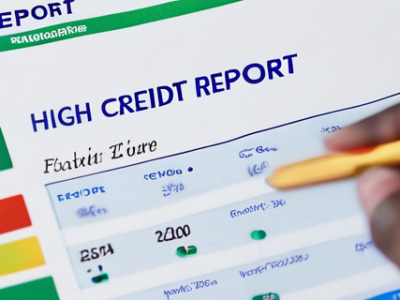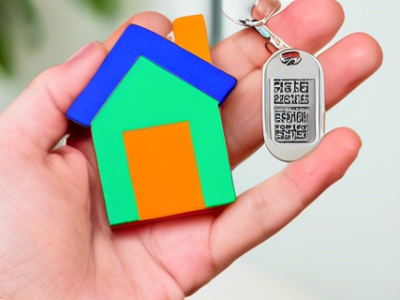Introduction

Buying a House with Low Income
Buying a house is a significant financial commitment, and for many people, it’s a daunting task. However, with the right strategies and resources, it’s possible to achieve this dream even on a limited income. This guide will provide you with practical tips and insights to help you navigate the home buying process effectively.
Understanding the Home Buying Process
Before diving into the specifics, let’s first understand the home buying process. It typically involves several steps:
- Setting a Budget: Determine how much you can afford to spend monthly on housing. This includes not only your mortgage payment but also utilities, maintenance costs, and taxes.
- Researching Properties: Look for properties that fit within your budget and meet your needs. Check out different neighborhoods and types of homes.
- Working with a Realtor: A realtor can help you navigate the complexities of the housing market, negotiate deals, and close transactions.
- Securing Financing: This could involve saving for a down payment, obtaining a mortgage loan, or exploring other financing options.
- Home Inspection: Before closing, have a professional inspect the property to identify any potential issues.
- Closing the Deal: Once you’ve agreed on a price, your realtor will handle the paperwork and coordinate the transfer of funds.
Maximizing Your Savings
When buying a house with low income, maximizing your savings is crucial. Here are some strategies to help you save:
1. Downpayment Assistance Programs
Many states and cities offer downpayment assistance programs that can provide financial assistance to eligible homebuyers. These programs can cover a portion of your downpayment, making it easier to secure a mortgage.
2. Flexible Mortgage Options
Consider flexible mortgage options like adjustable-rate mortgages (ARMs) or government-insured loans. These can provide lower initial rates and potentially lower monthly payments.
3. DIY Repairs
Doing some repairs yourself can save you money. However, make sure you’re qualified to do the work to avoid further damage or costly repairs later.
Choosing the Right Property

Buying a House with Low Income
Selecting the right property is key to achieving your home buying goals. Here are some factors to consider:
1. Location
Your location is one of the biggest factors in determining the value of your home. Choose a neighborhood that is safe, has good schools, and offers amenities that suit your lifestyle.
2. Property Condition
The condition of the property is crucial. Look for a home that requires minimal repairs and has been maintained well.
3. Homeowner Association Fees
Some neighborhoods have homeowner associations (HOAs) that require regular fees. Make sure to factor these costs into your budget.
Navigating the Mortgage Process
Obtaining a mortgage can be challenging, especially with low income. Here are some tips to simplify the process:
1. Understand the Loan Terms
Before signing any loan documents, make sure you understand the terms. This includes the interest rate, loan term, and any fees associated with the loan.
2. Shop Around for Rates
Compare rates from different lenders. Some lenders may offer lower rates or better terms, especially for borrowers with lower credit scores.
3. Consider Non-Traditional Lenders
Non-traditional lenders like online lenders or credit unions may offer more flexible terms or lower rates than traditional banks.
Utilizing Online Resources
In today’s digital age, there are numerous online resources available to assist you in the home buying process. Here are some to consider:
1. Online Marketplaces
Websites like Zillow or Redfin allow you to browse properties, schedule viewings, and negotiate deals.
2. Financial Calculators
Online calculators can help you determine how much house you can afford based on your income, debts, and downpayment.
3. Homeowner Guides
Guides and articles on websites like HomeAdvisor provide useful tips and information on various aspects of home ownership.
Conclusion
Buying a house with low income may seem daunting, but with careful planning, savvy shopping, and the right resources, it’s achievable. Remember, every journey starts with a single step. Take it one day at a time, and soon enough, you’ll be stepping onto the path towards homeownership.
FAQs
1. How do I determine my budget for a house?
- Start by calculating your monthly expenses and then allocate a certain percentage of your income for housing. The typical rule of thumb is to not exceed 28-36% of your gross income on housing.
2. What should I look for in a Realtor?
- Experience, reputation, knowledge of the local market, communication skills, and availability are all important factors.
3. What are some good downpayment assistance programs?
- Many states offer programs like First Time Homebuyer Tax Credit, Homebuyer Assistance Programs, and Veterans Affairs Home Loans.
4. How can I find a good mortgage lender?
- Compare rates and terms from different lenders, consider your credit score, and look for lenders with good customer service.
5. Where can I find affordable homes?
- Consider looking affordable areas. Consider looking at areas with lower property values or considering foreclosed properties.









